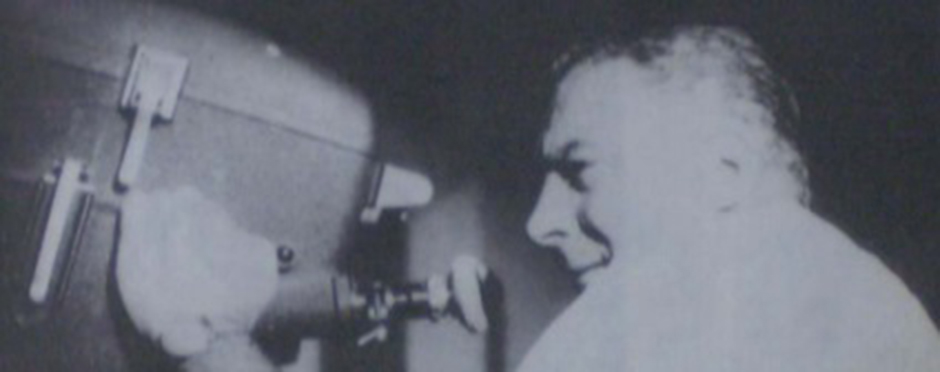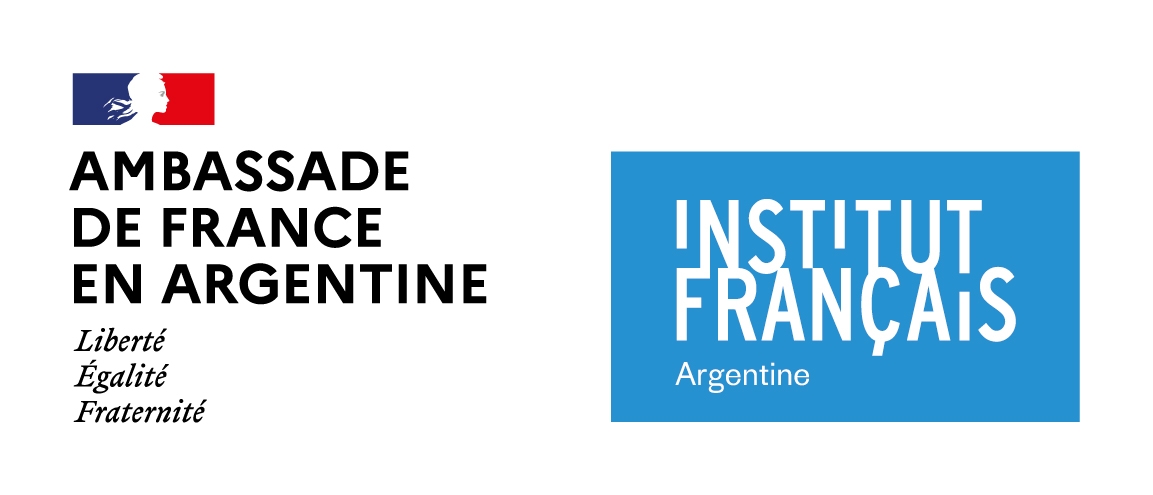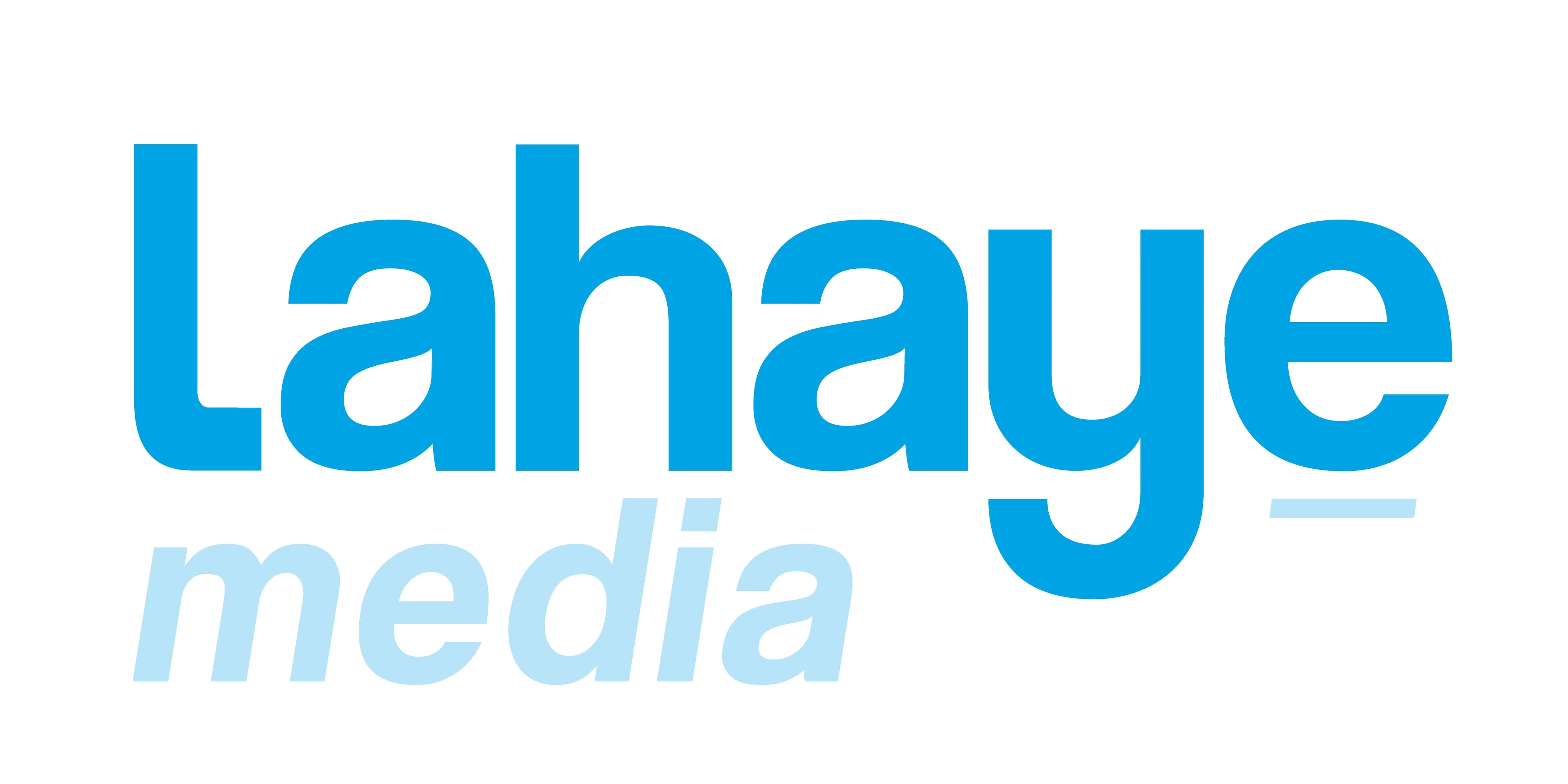CORAZ├ōN DE TURCO
En ocasi├│n del estreno de la pel├Łcula, el Heraldo del Cinematografista comentaba: "Simp├Ītica dentro de su modestia es esta producci├│n sin pretensiones, cuyo ├║nico objetivo de divertir esta logrado en diversas oportunidades con recursos similares, comunes en las pel├Łculas c├│micas de corto metraje. Corresponde agregar las deformaciones de lenguaje del protagonista, que no caen en excesos de caricatura. La an├®cdota sentimental esta desdibujada supedit├Īndose todo el desarrolllo de la obra a la intervenci├│n de Al├Ł Salem de Baraja y Mario Rom├Īn de Flores, cumpliendo ambos una labor interpretativa discreta, tomando en cuenta que se trata de dos debutantes".
In its premiere, this was pronounced by the journal Heraldo del Cinematografista: ŌĆ£Cute within its modesty. That is the nature of this production without pretences, which main target is achieved in several occasions with similar resources, common to short comedies. The deformations of the language by the main character must be highlighted, which do not amount to a cartoonish nature. The sentimental anecdote is blurred subjecting the development of the production to the intervention of Ali Salem de Baraja and Mario Rom├Īn de Flores, both with a discrete interpretative performance, taking into consideration they are rookies.ŌĆØ
LUCAS DEMARE es un director, gionista y productor argentino nacido en Buenos Aires en 1910 y fallecido en 1981. Procedente de una familia de m├║sicos, empez├│ en el cine trabajando como actor en Boliche (1933), primera pel├Łcula sonora espa├▒ola. Poco despu├®s debuta como director con su primer largometraje, Dos amigos y un amor (1938). Logra su primer ├®xito p├║blico con Chingolo (1940), que est├Ī tambi├®n escrita por ├®l, as├Ł como Coraz├│n de Turco. Las descripciones sociales o historias familiares caracterizan a muchas de sus pel├Łculas, en que actu├│ varias veces Tita Merello. A fi nes de 1941, funda junto a Enrique Mui├▒o, ├üngel Maga├▒a y otros, la empresa productora ARTISTAS ARGENTINOS ASOCIADOS con el prop├│sito de realizar un cine argentino de jerarqu├Ła. Surge as├Ł un deslumbrante fi lm ├®pico, La Guerra gaucha (1942), con gui├│n de Homero Manzi y Ulises Petit de Murat, basada en relatos de Leopoldo Lugones.
LUCAS DEMARE is an Argentinian fi lmmaker, scriptwriter and producer born in Buenos Aires in 1910, who passed in 1981. From a family of musicians, he began working in the film industry as an actor in Boliche (1933), the fi rst Spanish sound fi lm. Soon after, he debutedas a director with his fi rst feature fi lm, Dos amigos y un amor (1938). He achieved his first public success with Chingolo (1940), which is also written by him, such as in the case Corazón de Turco. The social descriptions or family histories feature several of his fi lms in which Tita Merello was a regular actress. By the end of 1942, he founded together with Enrique Muiño, Ángel Magaña and others, the producer company ARTISTAS ARGENTINOS ASOCIADOS with the purpose of developing Argentine movies with a higher hierarchy. Thus, an overwhelming epic fi lm arises, La Guerra gaucha (1942), with a script by Homero Manzi and Ulises Petit de Murat, based on narrations by Leopoldo Lugones.











